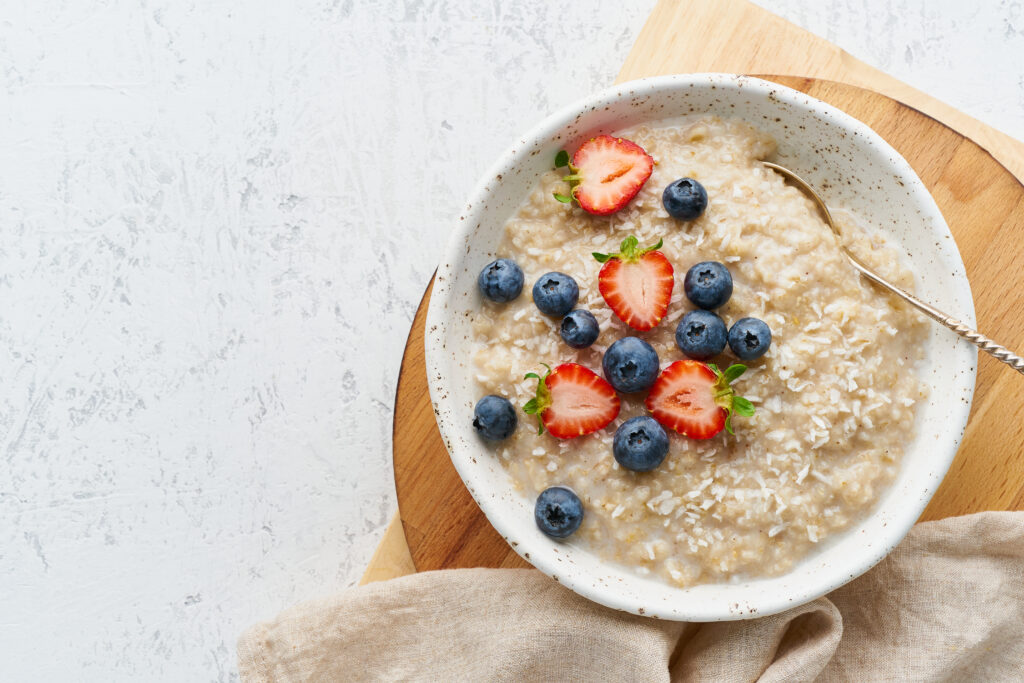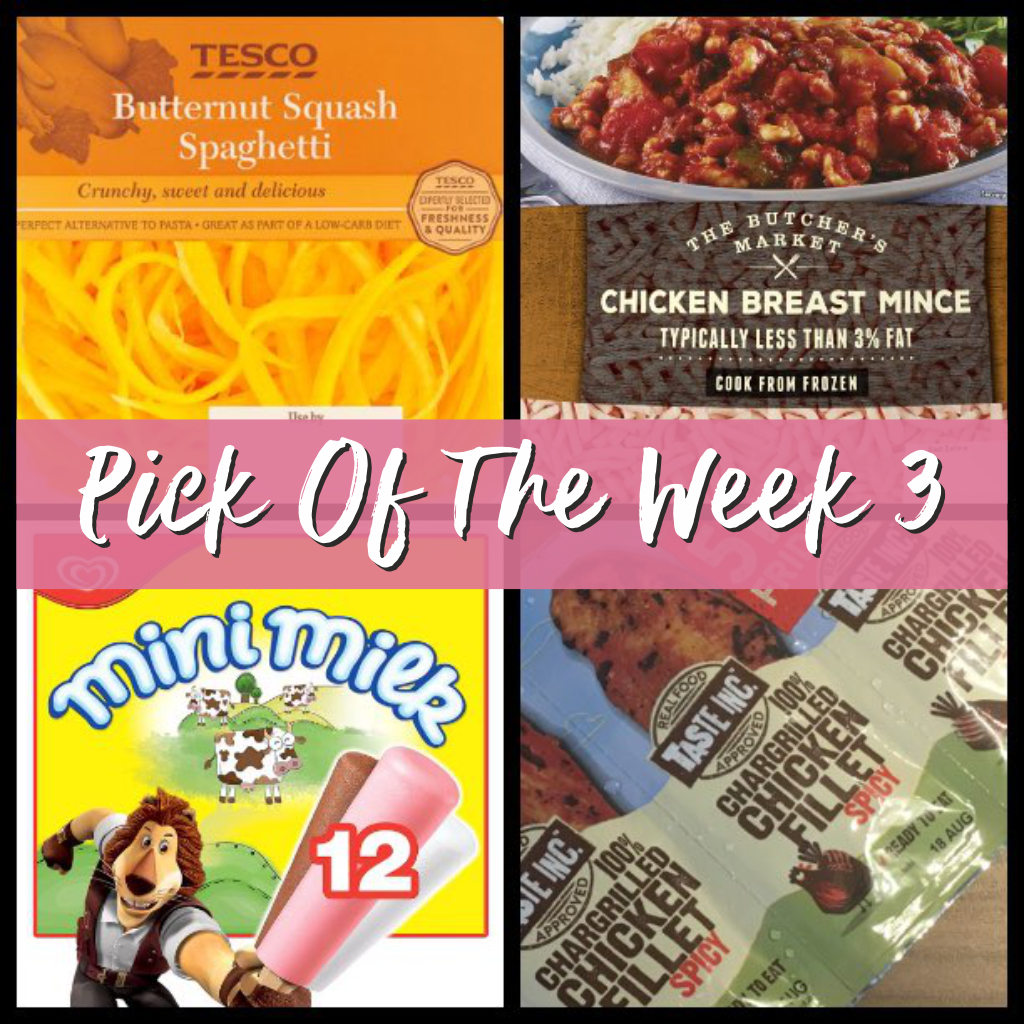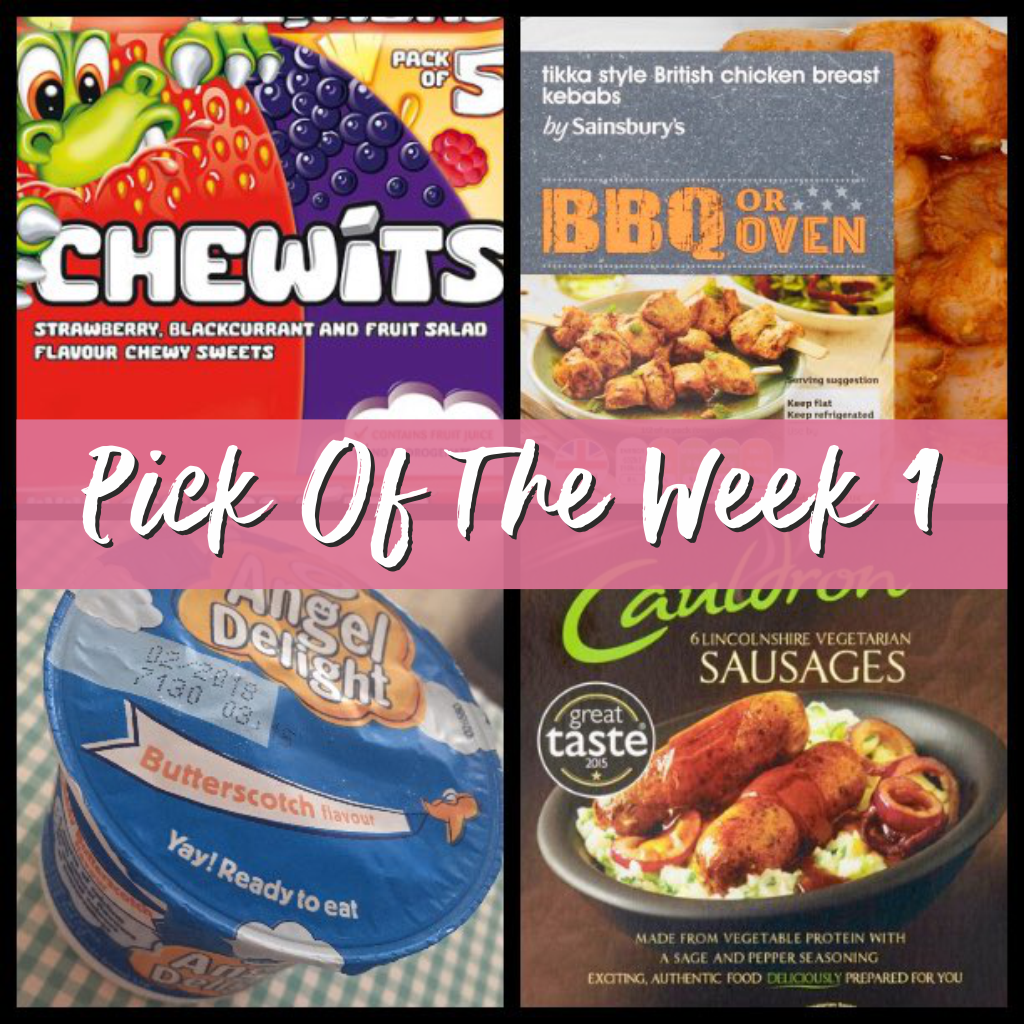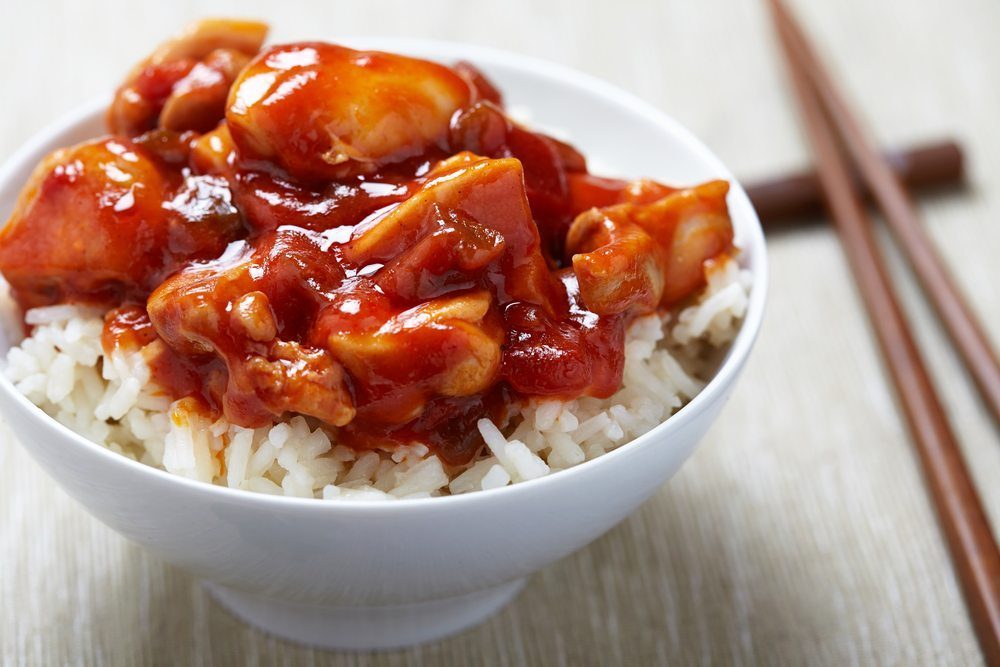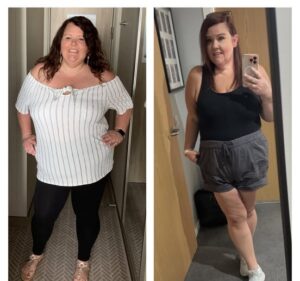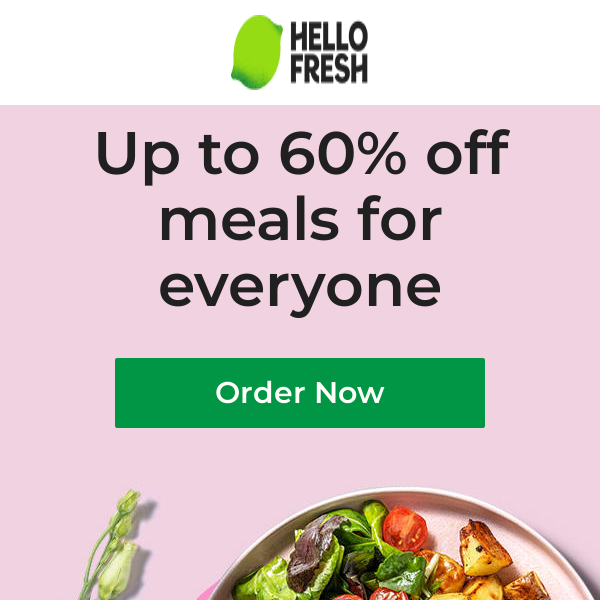What Is the DASH Diet? The Scientific Plan to Lower Blood Pressure
Have you been diagnosed with high blood pressure (hypertension) and been advised to cut back on your salt intake? High blood pressure affects more than a billion people worldwide and that number is rising. In fact the number of people suffering with high blood pressure has actually doubled in the past 40 years. According to AgeUK 16 million people in the UK suffer with high from high blood pressure and 63% of the population don’t even know their blood pressure numbers.
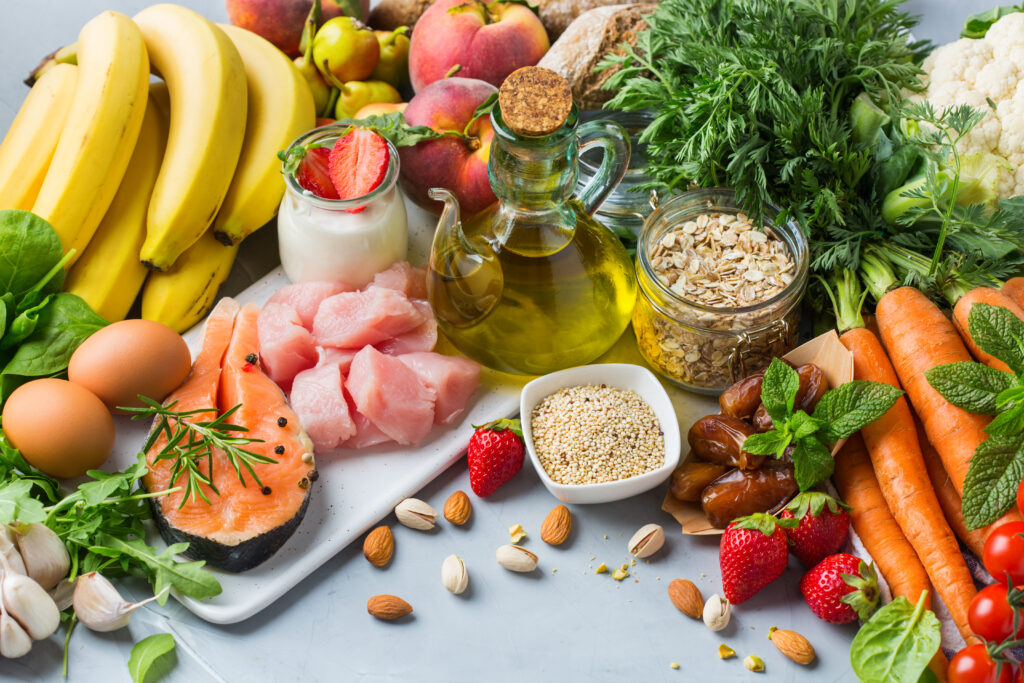
As diet is thought to play a major role in the development of high blood pressure, scientists have engineered specific dietary strategies to help reduce it. So let me introduce the DASH diet. In this article we will examine the DASH diet, how it works, the benefits and chat about how you can combat high blood pressure and reduce your risk of heart disease.
What is the DASH diet?
DASH stands for Dietary Approaches to Stop Hypertension. The DASH diet is a healthy-eating plan designed to help treat or prevent high blood pressure (hypertension).
The DASH diet includes foods that are rich in potassium, calcium and magnesium. These nutrients help control blood pressure. The diet limits foods that are high in sodium, saturated fat and added sugars. Studies have shown that the DASH diet can lower blood pressure in as little as two weeks.
The DASH diet focuses on fruits, vegetables, whole grains and lean meats. The diet was created after researchers noticed that high blood pressure was much less common in people who followed a plant-based diet, such as vegans and vegetarians. That’s why the DASH diet emphasises fruits and vegetables while containing some lean protein sources like chicken, fish and beans. The diet is low in red meat, salt, added sugars and fat.
Who is the DASH diet for?
- Family friendly
Family members can easily eat the meals together with little or no modification. The food options are healthy and balanced enough for all ages. - Budget friendly
Foods for this diet are easy to find at a typical supermarket and don’t require expensive or specialty food items. You may find you don’t actually need to alter your diet that much. - Planet friendly
The diet considers the environmental effects of food choices. It’s predominantly plant-based, or the foods are mainly sustainably grown/produced. - Vegan or vegetarian-friendly
Individuals can easily modify recipes for a vegan or vegetarian diet. - Gluten-free friendly
Recipes can be easily modified and still follow a gluten-free diet. - Halal friendly
Recipes can be easily modified and still follow the diet. - Kosher friendly
Recipes can be easily modified and still follow the diet. - Low fat
The diet encourages a moderate consumption of healthy fats, like olive oil, and discourages unhealthy fats, such as saturated fats – with less than about 30% of total calories coming from fat.
What are the benefits of the DASH diet?
Beyond reducing blood pressure, the DASH diet offers a number of potential benefits such as:
- Aid weight loss
- Decreases cancer risk
- Lowers metabolic syndrome risk
- Lowers risk of diabetes
- Decreases risk of heart disease
- Improve sleep
- Improve mental health
What will I eat on the DASH diet?
- You will fill up on vegetables, fruits and whole grains.
- Moderate amounts of fat-free or low-fat dairy products, fish, poultry, beans and nuts are included.
- Foods high in saturated fat, such as fatty meats and full-fat dairy products, are strictly limited or avoided altogether.
How many calories should I be eating?
When we eat and drink more calories than we use up, our bodies store the excess as body fat. If this continues, over time we may put on weight. As a guide, an average man needs around 2,500kcal (10,500kJ) a day to maintain a healthy body weight. For an average woman, that figure is around 2,000kcal (8,400kJ) a day.
These values can vary depending on age, size and levels of physical activity, among other factors. To find out more about calories and losing weight with a calorie controlled plan please visit NHS.
Shopping tips for the DASH diet
Don’t be tempted by deals and bargain deals when visiting the supermarket. Follow these tips to stay focused on foods that support the DASH diet:
- Buy fresh
Most of the salt in a typical diet comes from processed foods. Fresh foods are healthier choices because they contain less salt, as well as less added sugar and fat. Fresh foods also often have more health-promoting vitamins, minerals and fibre than their packaged counterparts do. - Skip processed foods
Avoid jar sauces, ready meals and frozen foods. These are tempting especially for families with children, but cooking from scratch with fresh items allows you to keep control on the amount of salt going into the meals. - Read labels
Most packaged foods in the U.K have a Nutrition Facts label that can help you figure out how they fit into your diet. Low sodium foods have 5% daily value or less of sodium per serving. Look for reduced sodium and fat products.
Food staples for starting the DASH diet
You’re more likely to prepare healthy dishes if you have healthy foods on hand. Try to keep these items in your kitchen:
- Fruits
Choose a variety of fresh fruits, such as apples, oranges and bananas for snacking. Add variety with apricots, dates and berries. Select fruit canned in its own juice, not in heavy syrup, and frozen fruits without added sugar. - Vegetables
Buy fresh, frozen or canned vegetables, such as tomatoes, carrots, broccoli and spinach. Choose frozen vegetables without added salt or butter or sauces. Opt for canned vegetables low in sodium. - Low-fat dairy products
Look for lower fat dairy options when buying milk, cheeses, yogurt and sour cream. - Grains
Buy whole-grain varieties of bread, bagels, pitas, cereal, rice, pasta, crackers and tortillas. Compare labels and choose lower sodium items. - Nuts, seeds and legumes
Almonds, walnuts, kidney beans, lentils, chickpeas (garbanzos) and sunflower seeds are among the healthy options. But get unsalted or low-salt varieties. - Lean meats, poultry and fish
Opt for lean selections, such as fish, skinless chicken and turkey, pork tenderloin, extra-lean ground beef, and round or sirloin beef cuts. Choose lower sodium canned fish and meat. Limit smoked or processed meats, such as deli meats. - Condiments, seasonings and spreads
Herbs, spices, flavoured vinegars, salsas and olive oil can add zest to your meals without the salt overload. Choose low- or reduced-sodium versions of condiments.
Is Slimming World DASH friendly?
Actually yes, Slimming World promotes healthy plates full of fresh fruits and vegetables. Also leans cuts of meats. If you reduce your salt intake you could easily still follow the Slimming World plan alongside of the DASH diet.
The DASH diet summary
- Decide on your calorie intake (either to maintain or lose weight)
- Buy fresh fruits and vegetables
- Choose lean cuts of meats
- Eat wholegrains
- Avoid food high in salt content
- Drink plenty of water or Sugar free fluids
An example day following the DASH diet
Breakfast:
Plain porridge made with skimmed milk
Top with fresh berries and a sprinkle of cinnamon or sweetener
Lunch:
2 Slices of wholemeal bread
Filled with tuna (canned in spring water), light mayonnaise, tomato and lettuce.
1 banana and a handful of grapes
Dinner:
2 Baked skinless chicken thighs served with wholegrain rice and green beans.
DASH diet snack ideas
- Unsalted pretzels or n
- Unsalted nuts
- Raisins
- Fruit
- Raw vegetables
- Unsalted popcorn
- Unsalted crackers
Where can I find DASH diet recipes?
I highly recommend the following cook book from AMAZON it is full of great low budget recipe ideas for the whole family.

